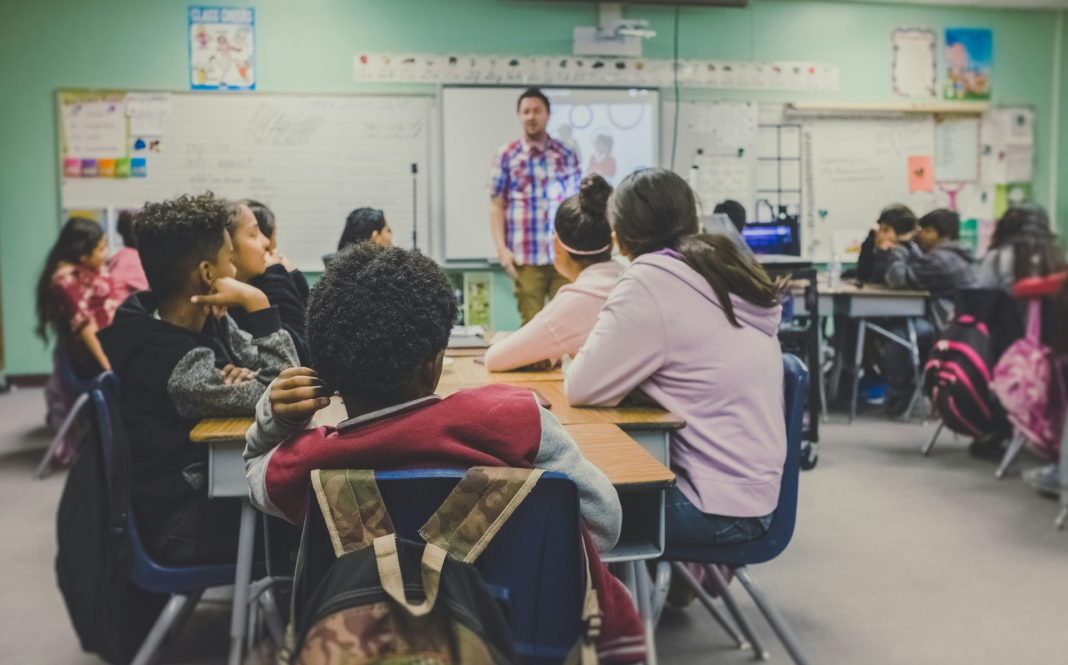Each morning, many pupils scroll through news feeds filled with elections, climate rallies, and conflicts. Without proper guidance, these constant updates blur into noise and confusion. Schools bring order, turning scattered stories into coherent and useful knowledge. Teachers demonstrate links between events, boosting confidence while pupils read, watch, and reflect. Reviews of learning tools also matter; many parents read what people say in speedy paper reviews before choosing online tutoring support. Well-designed courses also teach calm habits for checking claims before sharing anything online.
Education offers more than preparation for examinations; it builds a mental map of places and events. A learner who has studied plate movement and disaster planning can make sense of news about a tsunami. When elections reshape trade rules abroad, economics lessons on supply chains explain why prices might rise the following month. Blending science, civics, and history equips pupils to decode breaking stories, not merely react online. They learn that careful analysis is more effective than outrage when timelines and data appear to conflict.
Why Context in Classrooms Matters
News events rarely unfold in isolation, separate from causes, history, and related issues. A strike in one nation is linked to wages, trade regulations, and labour history. When teachers provide background, pupils begin asking what came before and what follows next. They cease treating each headline as a stand-alone story and instead view it as part of a longer narrative. This habit resists oversimplified interpretations and curbs stereotypes by exposing different perspectives. Pupils practise tracing cause and effect across policies, markets, media, and everyday life.
Strong context deepens empathy and strengthens care for people facing hardship. Studying migration history helps pupils grasp why families risk dangerous journeys today. Reviewing past pandemics reveals patterns in public responses to health advice. These links make global events feel less random and more human. Comparing local and faraway cases highlights shared struggles, even when details differ. Recognising common threads encourages respectful dialogue and joint problem-solving. Pupils apply such insights to local choices, from school policies to neighbourhood projects.
Linking History with Current Affairs
When schools weave past events into present news, timelines gain meaning. Cold War lessons prepare pupils to interpret debates about cybersecurity and space research. They see how earlier rivalries shape current alliances, markets, and policy decisions. This perspective shows that progress can stall or even reverse during periods of stress. Rights may expand and later contract; economies may surge and then slow; scientific claims undergo tests and refinement. Recognising such cycles prevents assumptions that everything today is entirely new. It also clarifies current slogans by linking them to earlier speeches and debates. Pupils broaden their perspective by comparing archives with podcasts, timelines, and contemporary interviews.
Teachers frequently bring primary sources into lessons to strengthen these connections. Letters from Great War soldiers help pupils compare carefully past and present views on conflict. Early newspaper cartoons reveal how public opinion formed long before social media existed. Analysing such materials trains critical thinking while demonstrating that citizens have debated policy for generations. This awareness fosters patience, as meaningful change requires dialogue, compromise, and time—rather than only viral posts or sudden protests. Class discussions stress listening skills, fair summaries, and clear arguments supported by evidence.
Building Strong Media Literacy
Global stories reach pupils through many channels, including television presenters, podcasts, blogs, and continuous social feeds. Media literacy lessons encourage pupils to pause before posting or sharing content. They compare sources, flag loaded language, and check dates on articles and clips. By using reverse image searches or locating a video’s first upload, they can detect false context. These habits transform passive readers into active investigators who distinguish reporting from rumour. Lessons also explain feed algorithms and how they can limit exposure to diverse reporting.
Media literacy further supports civil debate among pupils during classroom discussions. When they cite verified facts, conversation centres on ideas rather than personal attacks. Teachers can assign structured roles to encourage fair and balanced dialogue. One group summarises an article, another checks sources, and a third notes missing voices. Through collaborative work, learners realise that even trusted outlets have limits and biases. Seeing such gaps does not foster cynicism; it promotes reading across a variety of perspectives before forming judgements about complex international events.
Encouraging Thoughtful Global Citizenship
Understanding global events is only the first step; responsible action follows. Classrooms that promote global citizenship encourage pupils to think about both problems and solutions. After studying water shortages, a science class might design simple filters using local materials. A language group may draft letters to officials or posts for the school website, advocating for fair policies. When young people see that their ideas matter, news feels less overwhelming and more like an invitation. Civic clubs can track progress with straightforward metrics and celebrate small successes together.
Schools also nurture empathy through direct contact across borders and shared experiences. Video calls with partner classes allow pupils to exchange questions about daily life, music, and celebrations. Friendly conversations break down stereotypes more quickly than any textbook or slideshow can. Service projects—ranging from raising funds after disasters to gathering data for citizen science—turn abstract headlines into teamwork. By pairing knowledge with action, education fosters the confidence and compassion needed to engage meaningfully with the wider world.


